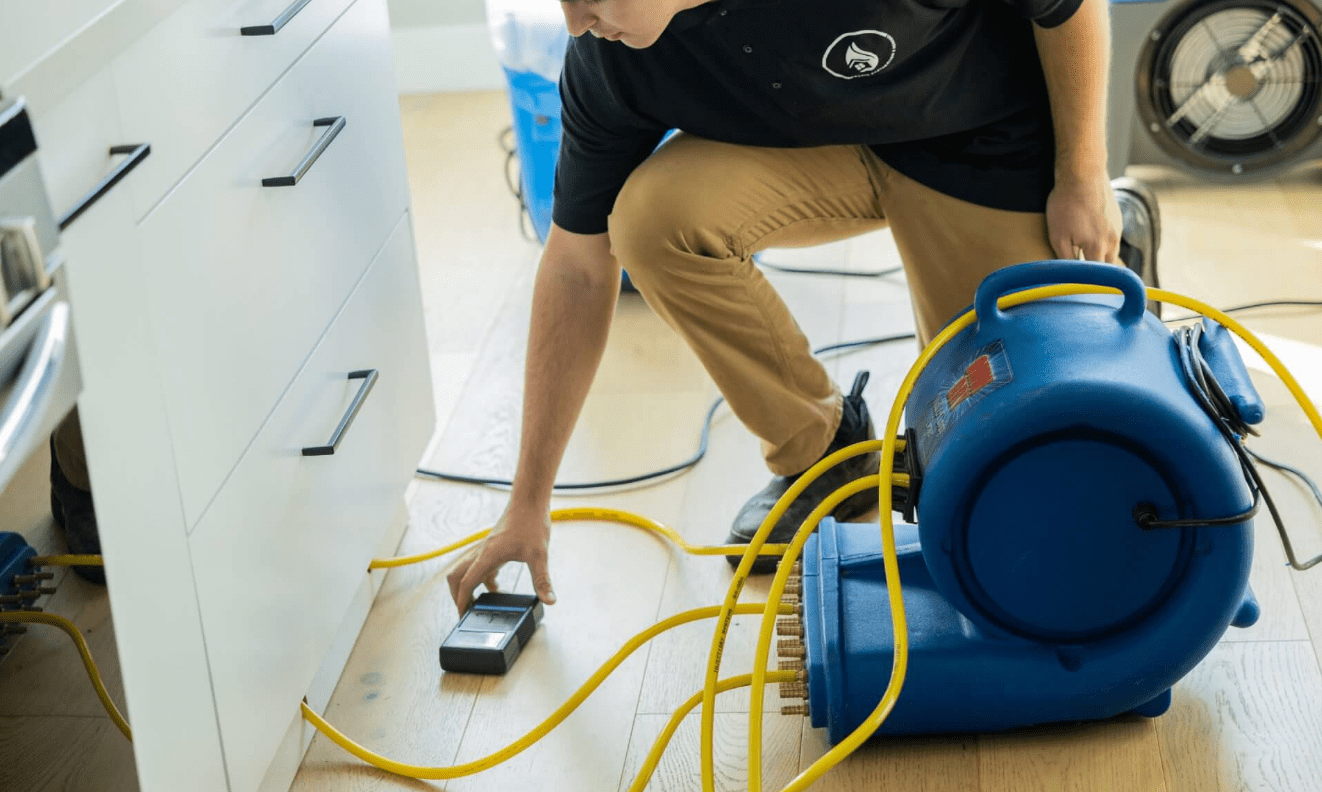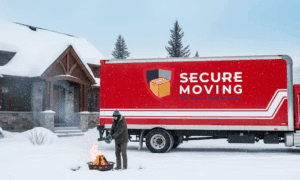Living in Vancouver, WA, offers many benefits, from its vibrant culture to its stunning natural landscapes. However, the region’s weather can sometimes lead to challenges, particularly when it comes to water damage. Water damage can occur for various reasons, including heavy rainfall, burst pipes, or malfunctioning appliances. Here, we aim to provide a comprehensive overview of water damage restoration in Vancouver, WA, highlighting essential steps, preventive measures, and the importance of professional help in restoring your property to its former glory.
Understanding Water Damage
Water damage can be categorized into three main types: clean water damage, grey water damage, and black water damage.
- Clean Water Damage: This type of damage comes from sources like broken water supply lines or overflowing sinks and bathtubs. It is relatively harmless to humans but can still cause significant damage to property if not addressed promptly.
- Grey Water Damage: This type involves water from appliances like dishwashers, washing machines, or toilets. Grey water can contain contaminants and pose health risks, making it essential to handle with caution.
- Black Water Damage: The most severe type, black water damage, comes from sources like sewage backups or floodwaters. It contains harmful bacteria and pathogens, posing serious health risks and requiring immediate professional intervention.
Causes of Water Damage
Understanding the causes of water damage can help in prevention and timely intervention. Some common causes include:
- Heavy Rainfall and Flooding: Vancouver, WA, experiences significant rainfall, especially during the winter months, which can lead to flooding and water damage.
- Burst or Leaking Pipes: Aging or faulty plumbing can cause burst pipes, which can lead to extensive water damage.
- Appliance Malfunctions: Washing machines, dishwashers, and water heaters can malfunction, causing leaks and water damage.
- Roof Leaks: Damaged or aging roofs can develop leaks, allowing water to seep into the structure and cause damage.
Immediate Steps to Take After Water Damage
Acting quickly after discovering water damage is crucial to minimize the impact. Here are some immediate steps to take:
- Ensure Safety: Before entering the affected area, ensure it is safe. Turn off the electricity to prevent electrical hazards and avoid areas with standing water.
- Stop the Water Source: Identify and stop the source of water to prevent further damage. This may involve shutting off the main water supply or fixing a leak.
- Remove Excess Water: Use mops, buckets, or a wet/dry vacuum to remove standing water. The quicker you can remove the water, the less damage it will cause.
- Move Personal Belongings: Move furniture, rugs, and other personal items to a dry area to prevent further damage.
- Document the Damage: Take photographs and make a list of damaged items for insurance purposes. This documentation will be helpful when filing a claim.
Professional Water Damage Restoration Process
Engaging a professional water damage restoration company is often necessary to fully restore your property. Here’s an overview of the typical process:
- Assessment and Inspection: Professionals will assess the extent of the damage and create a detailed plan for restoration.
- Water Removal: Using industrial-grade pumps and vacuums, they will remove the standing water quickly.
- Drying and Dehumidification: High-powered fans and dehumidifiers are used to dry out the area completely, preventing mold growth.
- Cleaning and Sanitizing: All affected areas and items will be cleaned and sanitized to remove contaminants and prevent health risks.
- Restoration and Repairs: Finally, the restoration process involves repairing damaged structures, replacing flooring, and repainting walls to return the property to its pre-damage state.
The Importance of Mold Remediation
Mold can start growing within 24-48 hours after water damage, making it crucial to address any moisture issues promptly. Professional water damage restoration services include mold remediation to prevent health risks associated with mold exposure, such as allergies and respiratory issues.
Preventative Measures for Future Protection
Preventing future water damage involves regular maintenance and proactive measures. Here are some tips to protect your property:
- Inspect and Maintain Plumbing: Regularly check for leaks and maintain your plumbing system to prevent burst pipes.
- Clean Gutters and Downspouts: Ensure gutters and downspouts are clean and direct water away from your home.
- Install Sump Pumps: In areas prone to flooding, sump pumps can help keep basements dry.
- Seal Cracks and Gaps: Inspect your home’s foundation and seal any cracks or gaps to prevent water from entering.
- Maintain Roofs and Windows: Regularly inspect and maintain roofs and windows to prevent leaks.
- Use Water Detection Devices: Install water detection devices near potential leak sources to get early warnings of leaks.
- Landscape Wisely: Ensure your yard slopes away from your home to prevent water from pooling around the foundation.
- Install Backflow Valves: In areas prone to sewer backups, backflow valves can prevent contaminated water from entering your home.
- Regularly Check Appliances: Regularly inspect and maintain appliances to prevent malfunctions and leaks.
- Monitor Water Pressure: High water pressure can damage pipes; install a pressure regulator to prevent this.
- Know Your Water Shut-Off Valves: Make sure everyone in your home knows where the main water shut-off valve is located and how to use it.
- Regularly Inspect Your Home: Regular inspections can help identify potential issues before they become significant problems.
- Install Flood Sensors: Flood sensors can provide early warnings of water leaks or flooding.
- Use Water-Resistant Building Materials: In areas prone to water damage, consider using water-resistant materials for floors and walls.
- Create an Emergency Plan: Have a plan in place for what to do in the event of water damage, including contact information for a reliable water damage restoration company.
Choosing the Right Water Damage Restoration Company in Vancouver, WA
Selecting a reputable water damage restoration company is critical to ensure your property is restored correctly and efficiently. Here are some factors to consider:
- Experience and Expertise: Look for companies with a proven track record and extensive experience in water damage restoration.
- Certification and Insurance: Ensure the company is certified by recognized industry organizations and carries appropriate insurance.
- Response Time: Choose a company that offers 24/7 emergency services and can respond quickly to minimize damage.
- References and Reviews: Check online reviews and ask for references to gauge the company’s reliability and customer satisfaction.
- Comprehensive Services: Select a company that offers a full range of services, including water removal, drying, cleaning, and restoration.
Water damage can be a daunting experience for any homeowner, but with the right knowledge and professional help, it is possible to restore your property effectively. Understanding the causes, taking immediate action, and following through with a professional water damage restoration process are crucial steps in minimizing damage and ensuring a safe and healthy living environment. By implementing preventative measures and choosing a reputable water damage restoration company in Vancouver, WA, you can protect your home from future water damage and maintain its value and comfort for years to come.
Read More From Techbullion And Businesnewswire.com



































